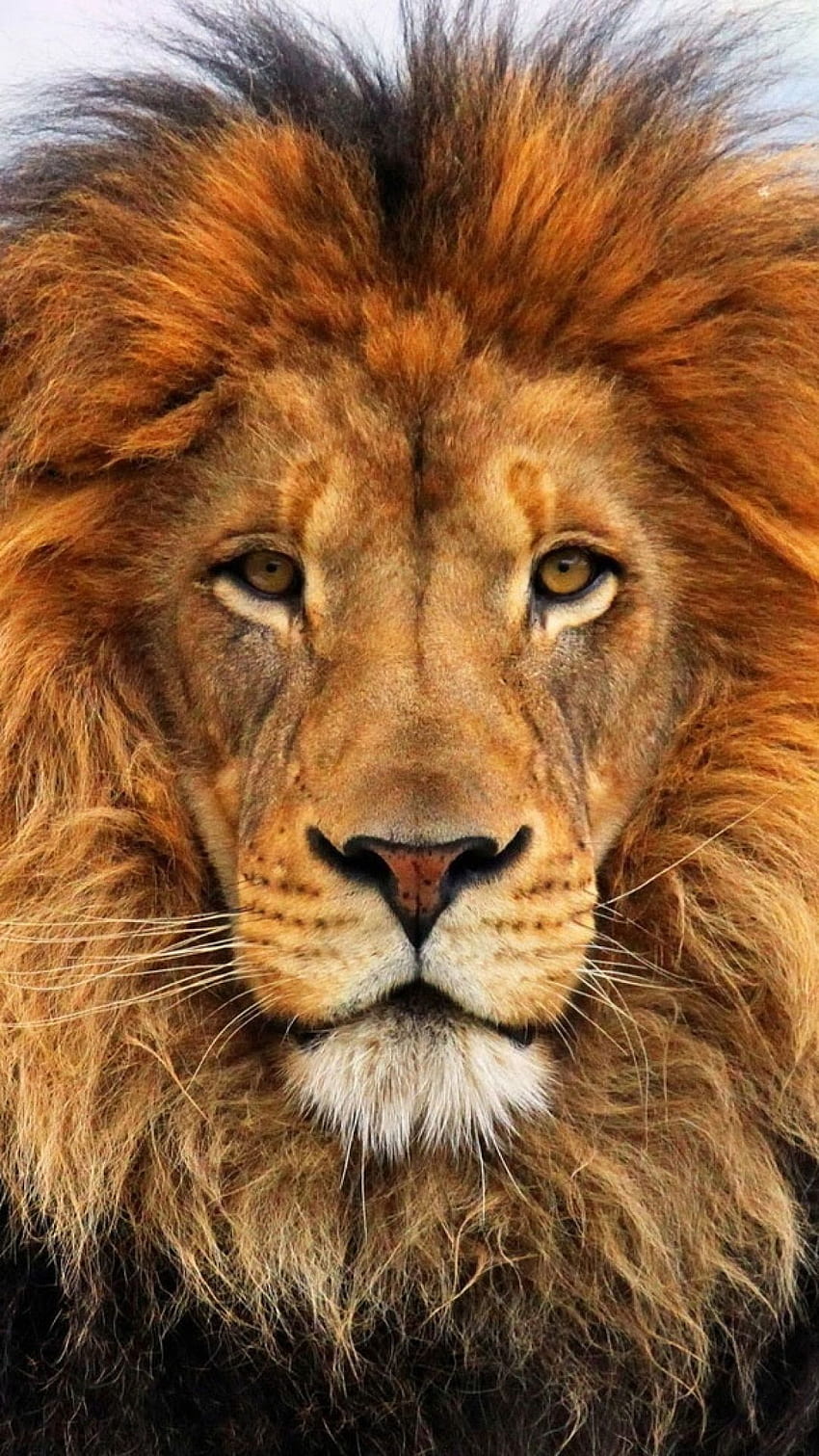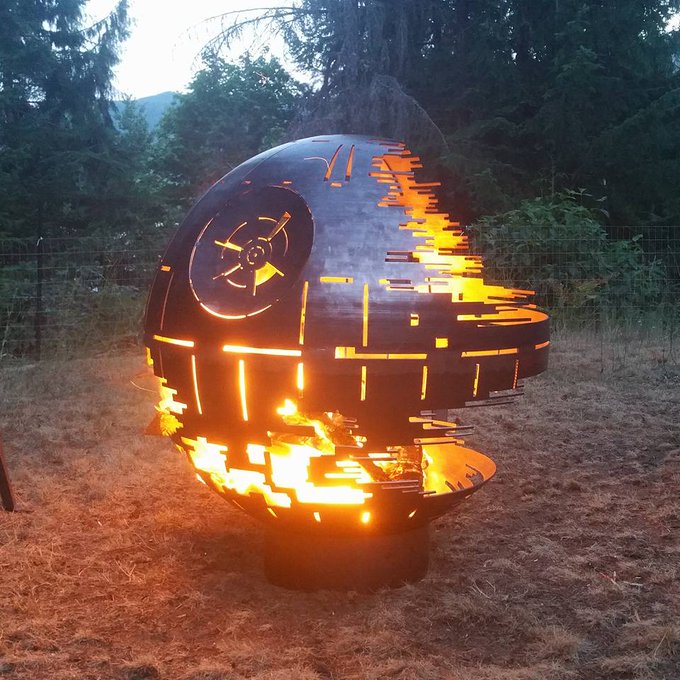hope
Proud Member
- Joined
- Jan 15, 2023
- Messages
- 2,025
- Points
- 113
Wow! I didn't know about this book, I'll have to get to know it better.It is indeed a Star Wars reference - it pops up every year, lol - but consider this ...
Joseph Campbell, in The Hero With a Thousand Faces, suggests that humans have been telling the same basic story for millennia. The story of the hero's** journey seems to be the same across many different cultures, countries, languages. Lots and lots of similarities, apparently.
**in the ancient texts it's always a hero, never a heroine, afaik. No surprise there!
Really heroic stories have a very similar structure, I noticed it from action movies. And women-heroines are not typical, in fairy tales they wait for a prince)))) and don't fight. But they have trials too, but they are different.









